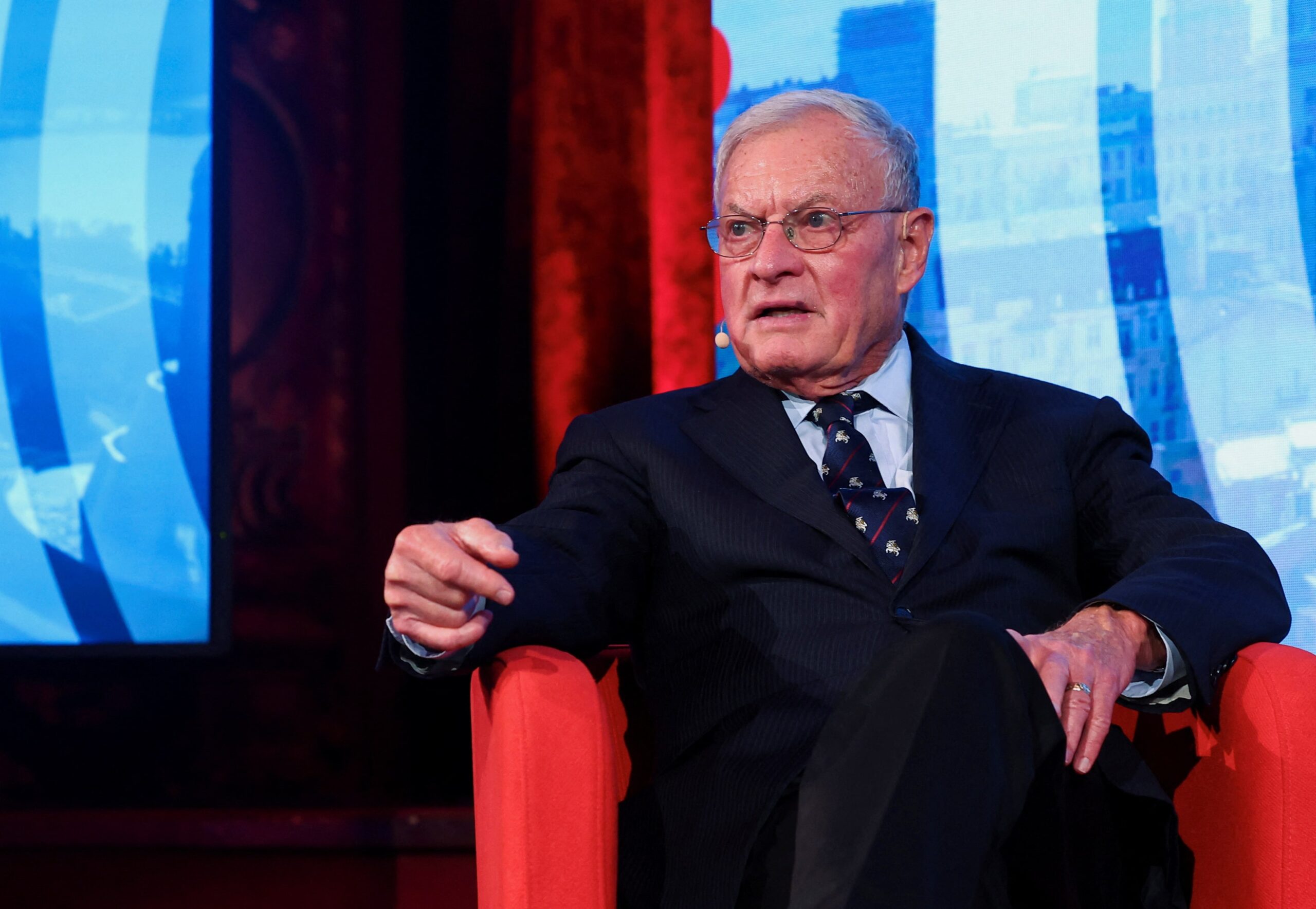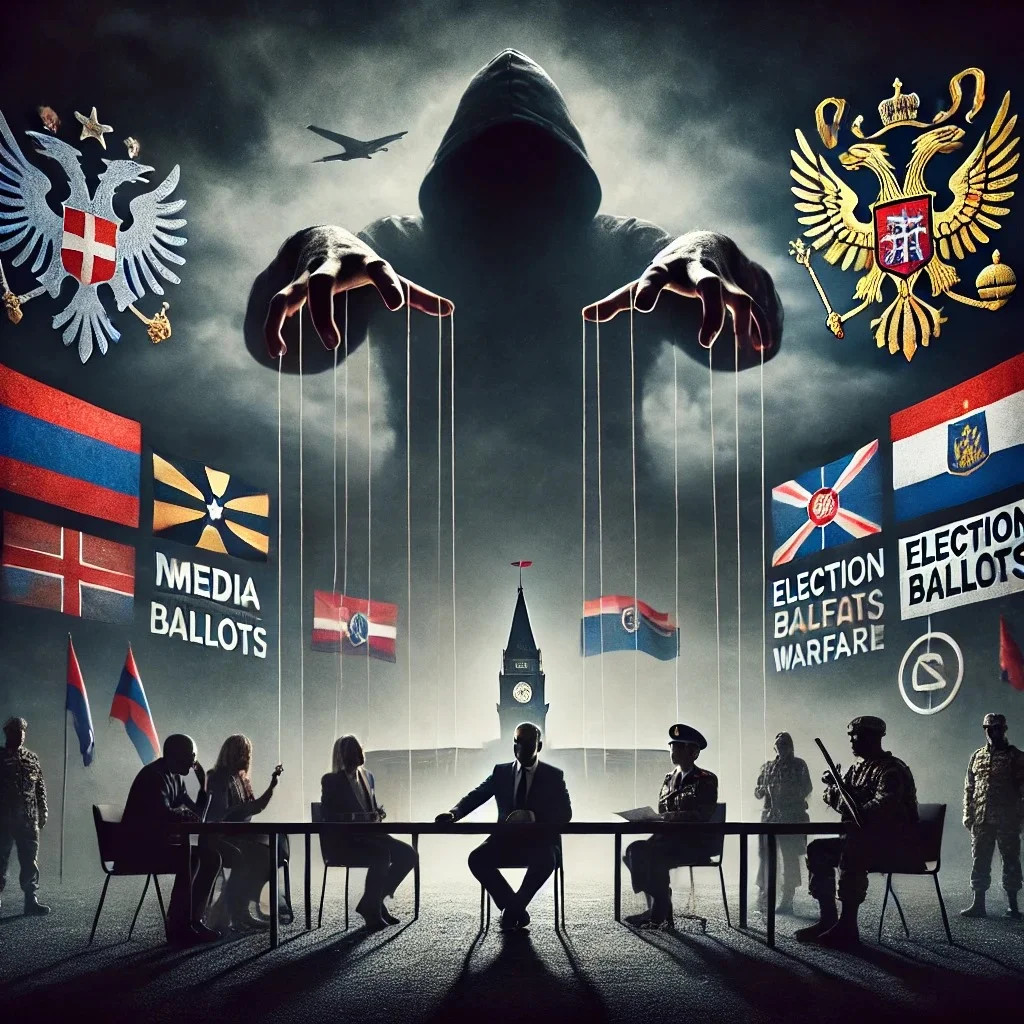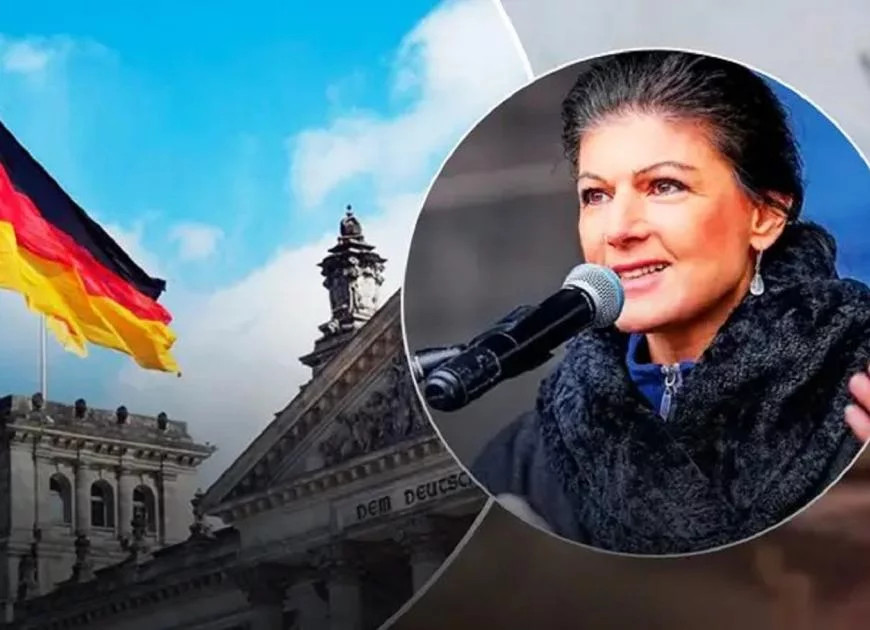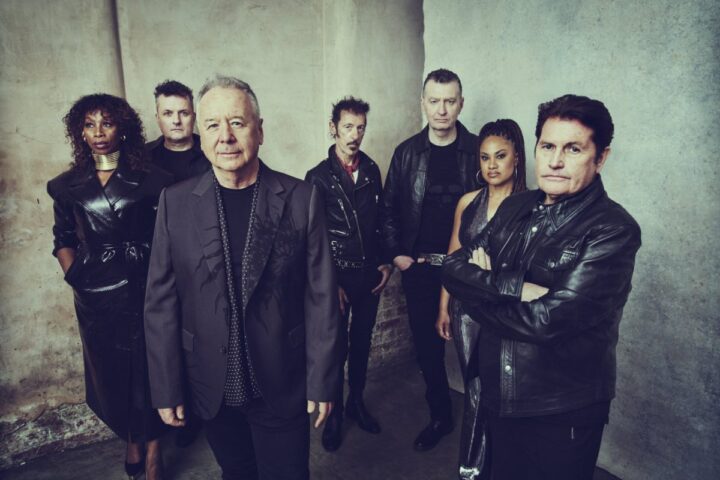A recent development in Eastern Europe has raised eyebrows in diplomatic circles. General Keith Kellogg, a former national security advisor and special envoy for Donald Trump, is reportedly preparing to visit Belarus to meet with Alexander Lukashenko, one of Vladimir Putin’s closest allies. Though the trip is being framed as a step toward restarting peace talks between Ukraine and Russia, there’s far more beneath the surface—and it’s not what it seems.
Quiet Meetings, Loud Consequences
According to Reuters, Kellogg described the visit as “a move toward peace,” but there’s been no official confirmation of its goals. Notably, the trip appears to be happening without coordination with the U.S. State Department, adding a layer of unofficial ambiguity that invites concern from both Western allies and Ukrainian officials.
The question hanging over this journey is not just what Kellogg hopes to achieve—but who benefits from it.
Lukashenko’s Dangerous Game
Alexander Lukashenko is playing a dangerous geopolitical balancing act, presenting himself as a would-be peacebroker between East and West while remaining deeply entangled with the Kremlin. His regime is still under EU and U.S. sanctions, and Belarus has directly aided Russia’s war on Ukraine by providing territory for missile strikes and troop deployments.
By hosting Kellogg, Lukashenko aims to reinsert himself into European diplomacy, all while maintaining loyalty to Moscow. The optics of a high-level meeting with a Trump-aligned figure offer him a golden opportunity to signal influence abroad and undermine internal opposition at home. This is not about peace—it’s about power.
A Trojan Horse for the Kremlin?
The most unsettling prospect is that Kellogg’s visit could serve as a Trojan horse for Russian interests. By creating the illusion of a new diplomatic initiative, Moscow stands to gain valuable time—time to reinforce its positions, deepen international fatigue, and portray itself as a willing negotiator.
This narrative of a “peace through Belarus” route conveniently glosses over the central issue: Russia’s unprovoked aggression against Ukraine. It’s a storyline that risks dividing Western unity and delaying decisive action, all while reinforcing Kremlin propaganda about Western decline and “Ukraine fatigue”.
Quiet Deals Behind Closed Doors
Parallel to this, reports suggest that Belarus is quietly engaging EU diplomats in an effort to negotiate the easing of sanctions. In exchange, the Lukashenko regime is allegedly offering to scale down Russia’s military presence and restrict dual-use goods. It’s a classic authoritarian bargain: token concessions in return for financial relief and political legitimacy.
But as Radio Svoboda points out, these talks are masked by cultural and energy forums—carefully designed facades for what are essentially backdoor deals with a regime known for crushing dissent and detaining political prisoners.
Kellogg’s Channel: Bypassing Kyiv?
Perhaps the most troubling implication is that this could signal the start of a shadow diplomacy that excludes Ukraine altogether. By engaging directly with Minsk—and indirectly with Moscow—figures like Kellogg may be laying the groundwork for a parallel negotiation track. One that sidesteps not only the current U.S. administration, but also Kyiv, the very nation under attack.
This raises a grave concern: could Belarus be used as a bargaining chip in a “peace without justice” deal that grants Russia territorial gains and Belarus international rehabilitation?
The Wrong Kind of Peace
The danger isn’t just that this initiative will fail. It’s that it might succeed—in creating the illusion of resolution, while leaving the root causes of the war unaddressed. If Belarus is legitimised as a mediator and Russia is allowed to set terms, the outcome could be a regional security architecture skewed in the Kremlin’s favour.
That’s not peace. That’s capitulation masquerading as diplomacy.













